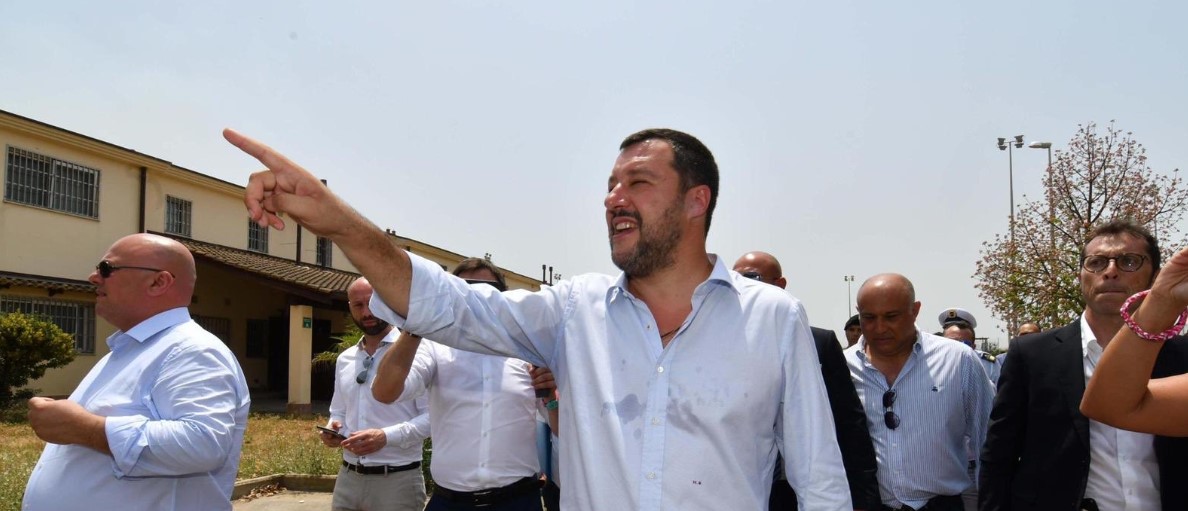In fact, the research published in the daily Corriere della Sera, show that the recent European elections have highlighted how, with the exception of far-left Bologna and the surrounding area, the center-right (and the League in particular) have been advancing in all the other provinces.
“In Bologna, a progressive, multicultural, pro-European and therefore very similar orientation to the Democratic Party is very prevalent,” a political analyst noted.
“It is in this context that the Lega has been breaking through ”, explained Professor Marco Valbruzzi, coordinator of the Cattaneo Institute, to the Corriere della Sera, convinced that the same dynamic that has affected the United Kingdom when it voted for Brexit, can prevail in Emilia Romagna. In Britain, a strong, pro-European London, voted against the rest of the country.
In the European elections last May, the League of Matteo Salvini became the strongest party in the region with 33,8 percent of the votes against 31,2 percent of the Democratic Party, while the M5S stopped at 13 percent.
As a result, the latter will probably try to avoid putting the candidate of their government allies at a disadvantage in a regional vote.
The “green tide” of the left has devastated the Emilia-Romagna region politically. For that reason, the Democratic Party, in fact, recently succeeded in excelling only in the provinces of Bologna, Ravenna and Emilia Romagna and lost the Communes in Ferrara and Forlì, areas now pro-League.
This is a confirmation of how much the “populists” of the province are against the left-wing elites that dominate the big cities and who are no longer able to represent the weak classes.
Even Emilia Romagna in recent years has seen the phenomenon of the worker who, despite having the CGIL card of the Italian General Confederation of Labour in his pocket, started to vote for the League (and has not stopped).
According to Ipsos research, conducted immediately after the European elections, it showed that 40 percent of the CGIL members had voted for the League and that 44 percent preferred Matteo Salvini as a leader. If it is true that, in the last European elections, the Democratic Party was still the number one party among CGIL members, with 44,8 percent, the fact that the League has risen from 10 percent in 2018 to 18,5 percent is striking.
The political scientist Gianfranco Pasquino explained this advance: “Salvini has mastered two key themes for members: immigration, which is also described as an employment challenge”.
He added: “The other issue is security: probably many workers or pensioners registered with the unions feel this need. I do not agree with the answers that Salvini gives, but at least, unlike the left, he has been giving some answers.”
The League’s advance started with 2018 policy decisions when, in the House, the center-right obtained 33 percent (and the League 19 percent), while the center-left stopped at 30 percent (the PD at 26 percent).
On that occasion, the Democratic Party also lost the first-party scepter of the region by only 13 000 votes to the M5S, probably the great absentee of this coming election. It has been an unprecedented loss of consensus on the left: -26 percent compared to the European elections in 2014 and -18 percent compared to the regionals of the same year.
Currently, of the ten regional capitals, only Ferrara, Forlì and Piacenza are governed by the center-right, while Parma is in the hands of the ex-M5S member Federico Pizzarotti. In short, the challenge for the regionals on 26 January is still wide open and could favor the League.
















